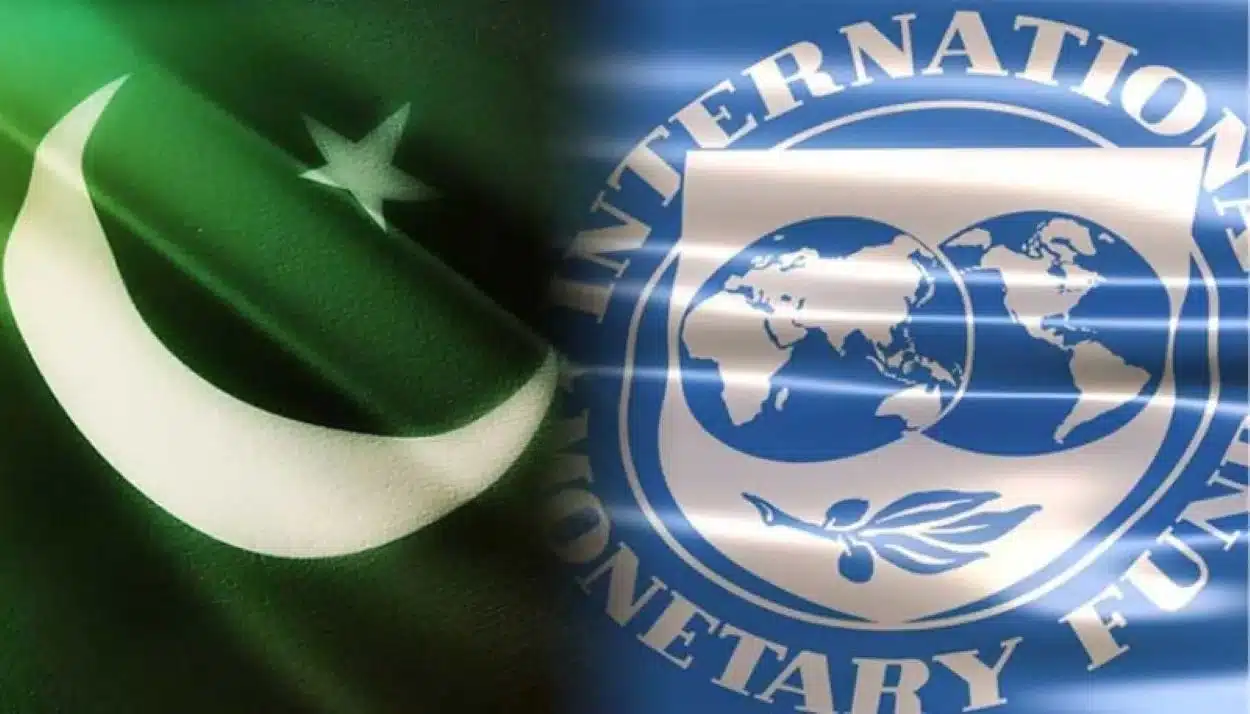The delay in resuming Pakistan’s bailout program has led to a blame game between the country’s authorities and the International Monetary Fund (IMF). Both parties are accusing each other of causing the prolonged delay in finalizing the ninth review and resuming the halted program, which has been pending for nearly 80 days since talks in Islamabad concluded on February 9.
With less than a month’s worth of foreign exchange reserves, Pakistan eagerly awaits a $1.1 billion bailout package from the IMF, which has been on hold since November due to disputes over fiscal policy adjustments. The funds, contingent upon a staff-level agreement, are part of a larger $6.5 billion bailout package approved by the IMF in 2019, which analysts believe is crucial for Pakistan to avoid defaulting on external payments.
Pakistan’s options for resuming the IMF program are dwindling each day. It remains unclear how the nation will proceed with the existing IMF program, set to expire on June 30, 2023. The eleventh review under the Extended Fund Facility (EFF) is due tomorrow (Wednesday), while Islamabad still struggles to complete the pending ninth review.
Both parties have yet to reach a staff-level agreement to finalize the ninth review. In addition, the IMF has been waiting for confirmation on external financing requirements, even though Islamabad has secured $3 billion in additional deposits from Saudi Arabia and the UAE. The IMF is now seeking confirmation on the remaining $2 billion from the World Bank, $900 million from the Asian Infrastructure Investment Bank, and commercial bank loans. Without an additional $2-3 billion confirmation, the IMF hesitates to finalize the deal.
Pakistani authorities, however, claim that the IMF is playing politics and that the agreement should have been signed much earlier. The situation is particularly concerning given Pakistan’s severe domestic economic crisis and a challenging global landscape.






